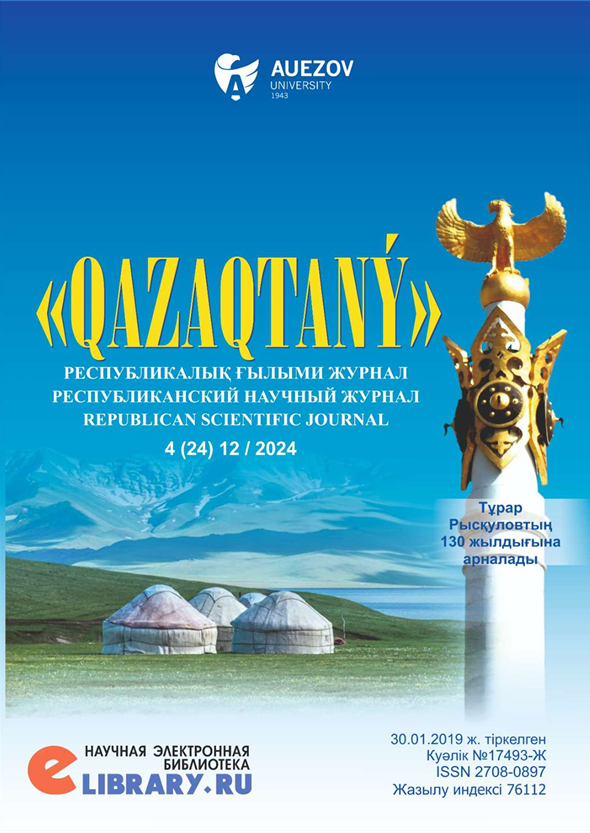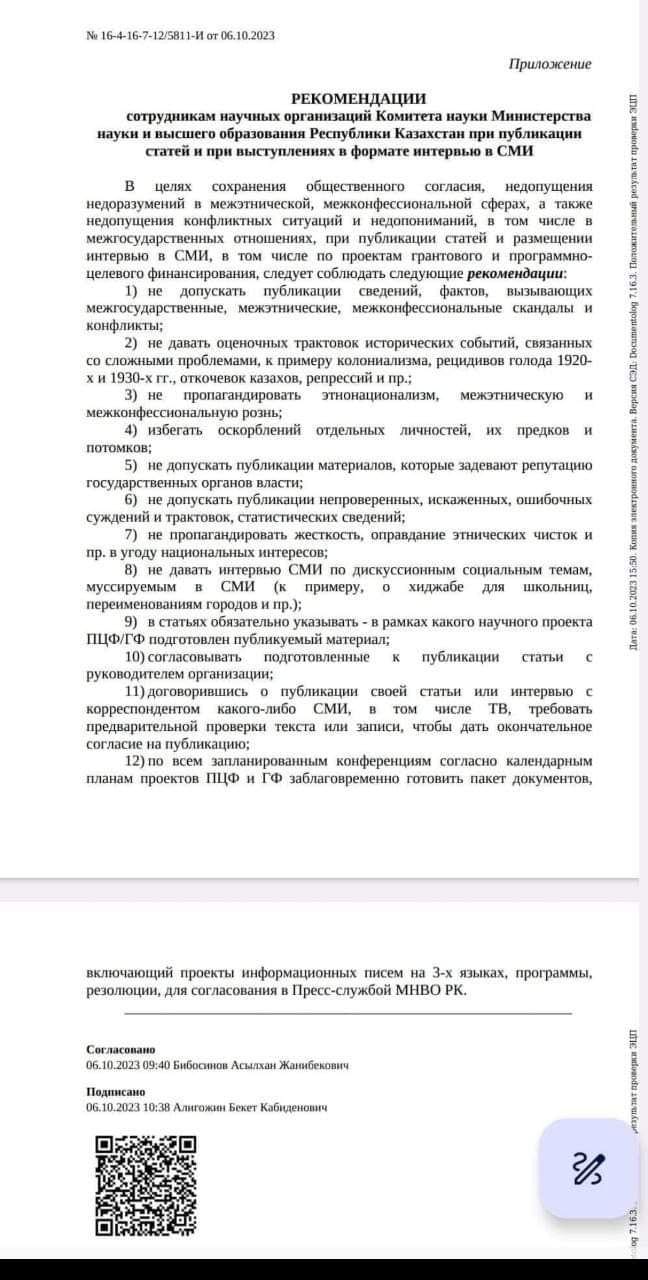ADMINISTRATIVE AND LEGAL REGULATION OF URBAN PLANNING IN THE REPUBLIC OF KAZAKHSTAN
DOI:
https://doi.org/10.54251/2708-0897.2024.4.41qazKeywords:
sustainable development, urban planning, sustainability of settlements, ecostandardsAbstract
This article discusses management processes in the field of sustainable urban planning based on the analysis of recent trends and directions of sustainable development as a global trend. It is determined that sustainable development is defined as development that meets the needs of a community without compromising the ability of future generations to meet their
own needs. Sustainable development aims to ensure that human settlements are livable and contribute to economic, social and environmental sustainability in the face of a changing climate.
The main task of the administrative and legal mechanism for the implementation of the urban planning function is to ensure the sustainable development of territories by implementing regulatory, conservation and protective actions aimed at minimizing anthropogenic impact on nature in order to achieve a balance between the biospheric, cultural, social, economic and environmental values of humanity with a separate public interest associated with the creation of a spatial environment for the community using for this purpose, the latest technologies and advanced eco-standards.



